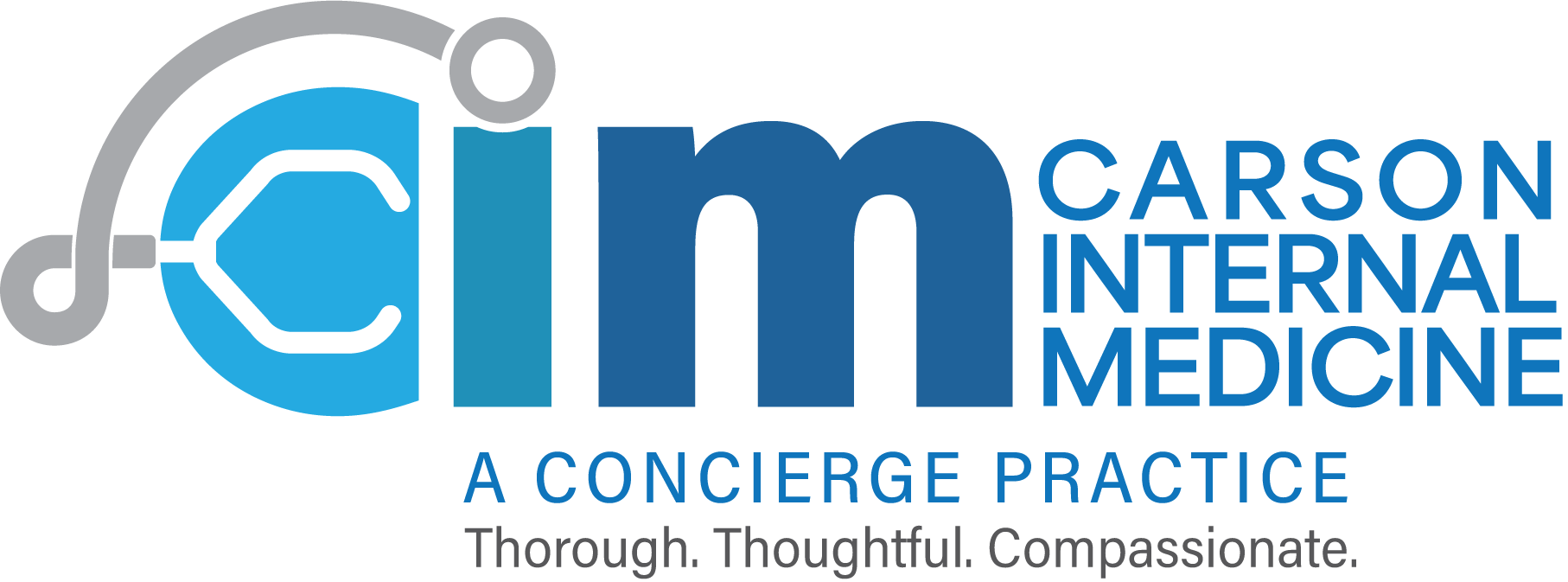Whether you’re a healthy 40-something with a family history of premature cardiac events, a 50-year-old mother who experienced a complicated pregnancy decades ago, or a 65-year-old man whose statin treatment has failed to lower high cholesterol levels, take heart in the growing arsenal of tests and therapies aimed at preventing disease.
Prevention
As an internist, a common topic that I discuss with patients is how to identify high-risk people at the earliest stages and reduce the chance of having a cardiovascular event in the first place. In addition to the well-documented factors that can signal a person at high risk for heart disease – unhealthy cholesterol levels, hypertension, diabetes, metabolic syndrome, smoking, lack of physical activity, age, family history – there are other factors that can drive the decision to take measures to reduce risk that include both non-medicine and prescription medicine interventions. Additional risk factors include:
- “Inflammation” is a very complex term that does not describe one simple process, but we now consider chronic inflammatory conditions such as gingivitis, rheumatoid arthritis and certain autoimmune disorders to be risk factors for vascular disease. I am glad to discuss in more detail the challenge we have in that other than treatments for specific disorders, interventions to “reduce inflammation” are not clear – but may include low-tech non-pharmacological interventions such as diet modifications that I can help you initiate.
- Women who experienced a complicated pregnancy history, premature menopause or certain cancer treatments are also at a higher risk of heart disease and require close monitoring and screening throughout their lifetime.
- I also recommend reading the American Heart Association Essential 8 for information on how to take a holistic approach to health, including how to incorporate more plant-based proteins into the diet, an intervention that has evidence to support the benefits.
Limitations of “prognostic” tests
What I love about the concierge practice is the longer visits which allow in-depth discussions where I can answer questions and educate you regarding a proactive approach to your health. I’ve had discussions regarding tests that may, or may not, help identify high risk patients, including a blood test called lipoprotein (a), known as Lp(a) (a subtype of LDL cholesterol), and a CT scan of the heart called a “coronary calcium score.”
Q: Should everyone get these tests?
A: While they’re not appropriate for everyone, the decision is ultimately yours. However, they should not be ordered until we’ve had the opportunity to discuss the topic together.
Q: What are the limitations of these tests?
A: The primary limitation is that there are no clear-cut prospective trials showing us that test results should dictate specific treatments to reduce the risk of heart disease.
- Unlike an x-ray that can tell me if a bone is broken or if there is a pneumonia that needs an antibiotic, these tests do not “diagnose” a condition that has a clear treatment. They have been identified, based on backwards analysis of preexisting datasets, as ASSOCIATED with a higher risk.
- Backwards looking data does help us make decisions, but it is not equivalent to a randomized prospective trial. My knowledge of the literature allows me to educate and discuss the strengths and limitations of current data so that we make a balanced decision together.
Q: Sometimes statins (e.g. Lipitor, Crestor) don’t work to lower LDL or ‘bad’ cholesterol either…are other options available?*
A: A number of non-statin therapies can be prescribed, including:
- Ezetimibe (Zetia), a relatively inexpensive pill that can be used alone or given with statins to reduce cholesterol absorption.
- PCSK9 inhibitors (e.g. Praluent, Repatha), monoclonal antibodies given as a shot every two to four weeks. These inactivate the protein PCSK9 to promote more LDL receptors and help clear LDL from the bloodstream.
- Bempedoic acid (Nexletol), a daily pill that causes the liver to make less cholesterol, but with fewer of the muscle aches experienced by some who take statins.
- Inclirisan (Leqvio), given as a shot twice yearly, blocks production of PCSK9.
- Evinacumab (Evkeeza), a monthly infusion approved only for people with a family history of hypercholesterolemia.
Q: Are there tools for calculating an individual’s risk of heart disease?
A: I use the American Heart Association’s new PREVENT and the American College of Cardiology’s ASCVD calculators to assess an individual’s risk of heart attack, stroke or heart failure over the next 10 and 30 years. PREVENT is more comprehensive than earlier versions, as it includes measures of kidney function and metabolic health and can be used to predict risk in patients as young as age 30, which is extremely valuable in terms of early detection.
*information courtesy of Lown Cardiology Group, Boston, MA.

